NUR344: Action Plan for Rheumatic Heart Disease in Australia
VerifiedAdded on 2022/09/23
|6
|864
|46
Discussion Board Post
AI Summary
This document presents an action plan focused on addressing Rheumatic Heart Disease (RHD) within the Indigenous population of Australia. It highlights the disproportionate impact of RHD on this group and proposes strategies for community health nursing intervention. The plan emphasizes early diagnosis of Group A streptococcal infections, adherence to Benzylpenicillin treatment, and culturally competent care. It also includes lifestyle modifications related to cooking fuel and ventilation, and hygiene interventions. The evaluation of the strategies involves assessing environmental modifications, access to primary treatment, and adherence to medication. The author stresses the need for improved healthcare delivery to address the high prevalence of RHD within this community. The action plan also addresses the promotion of health and independence through education and community involvement. The plan includes references to relevant research and data sources.
1 out of 6
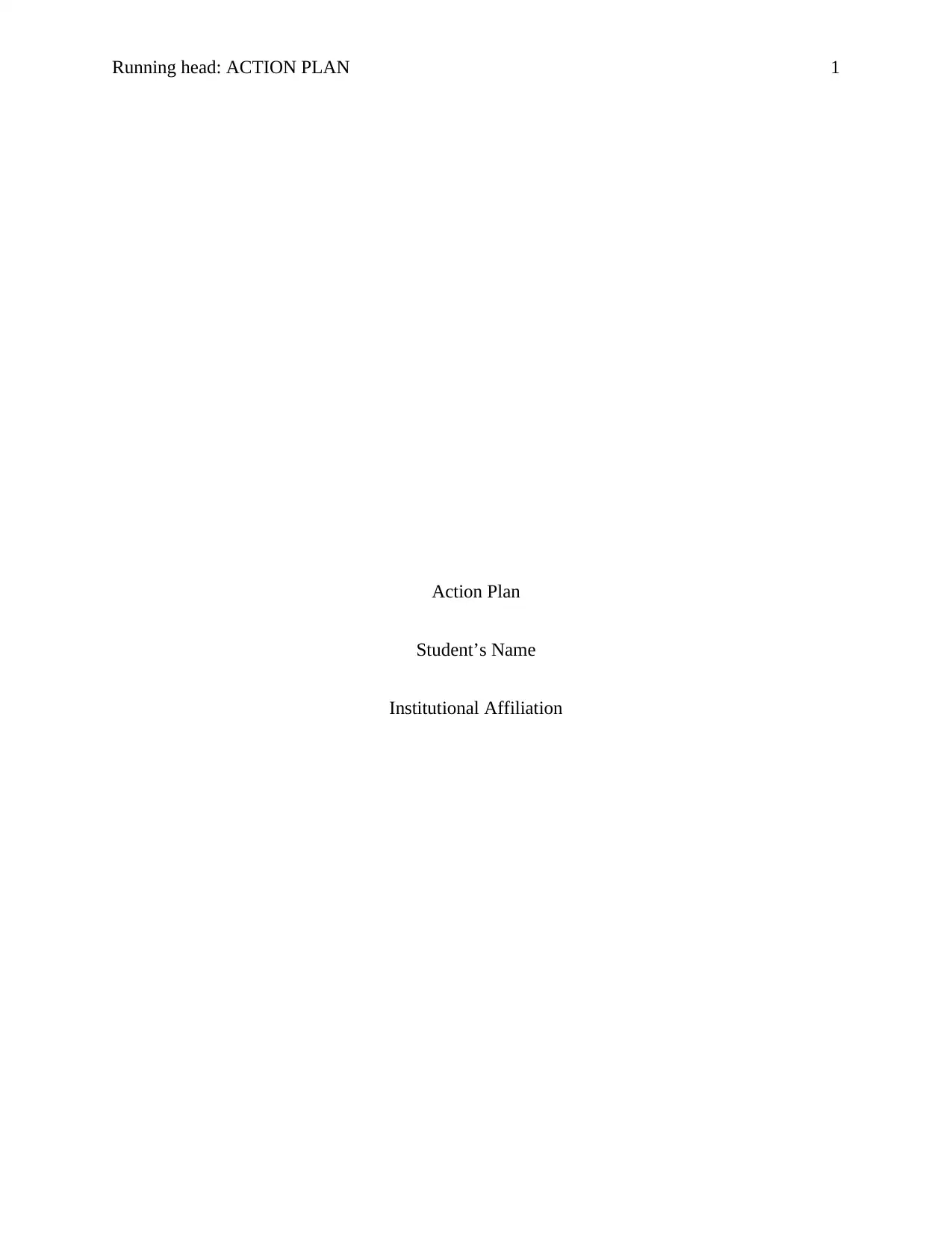
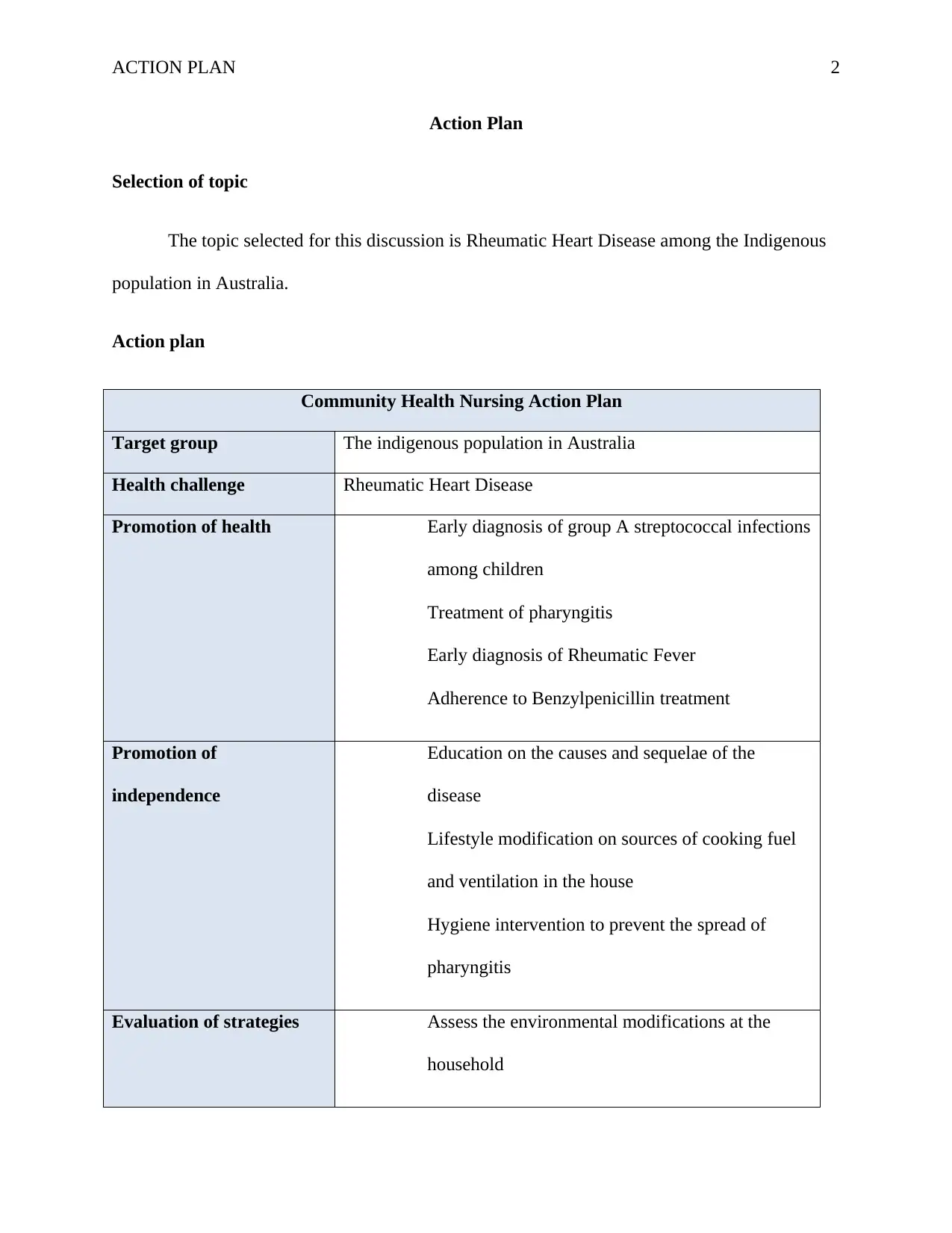
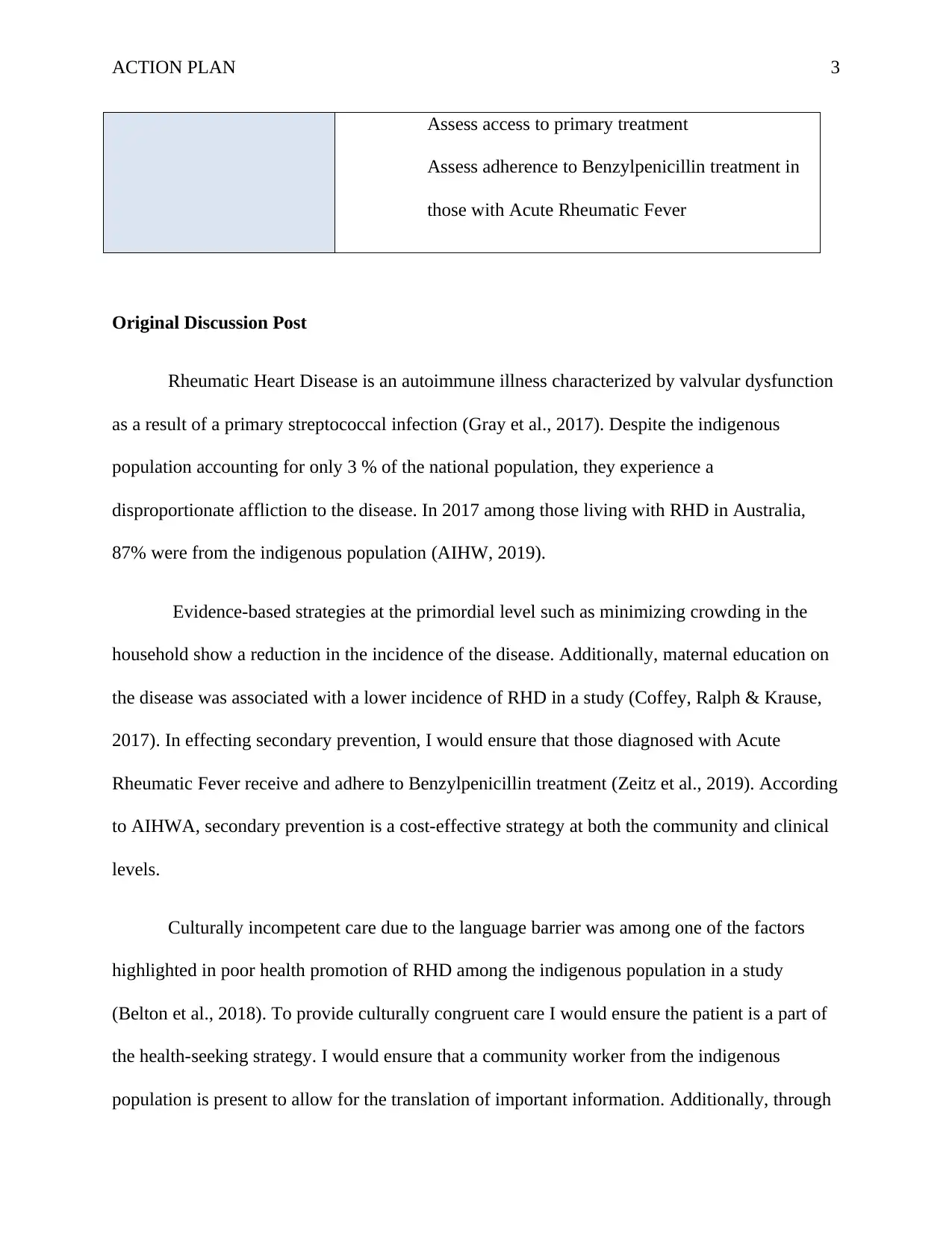

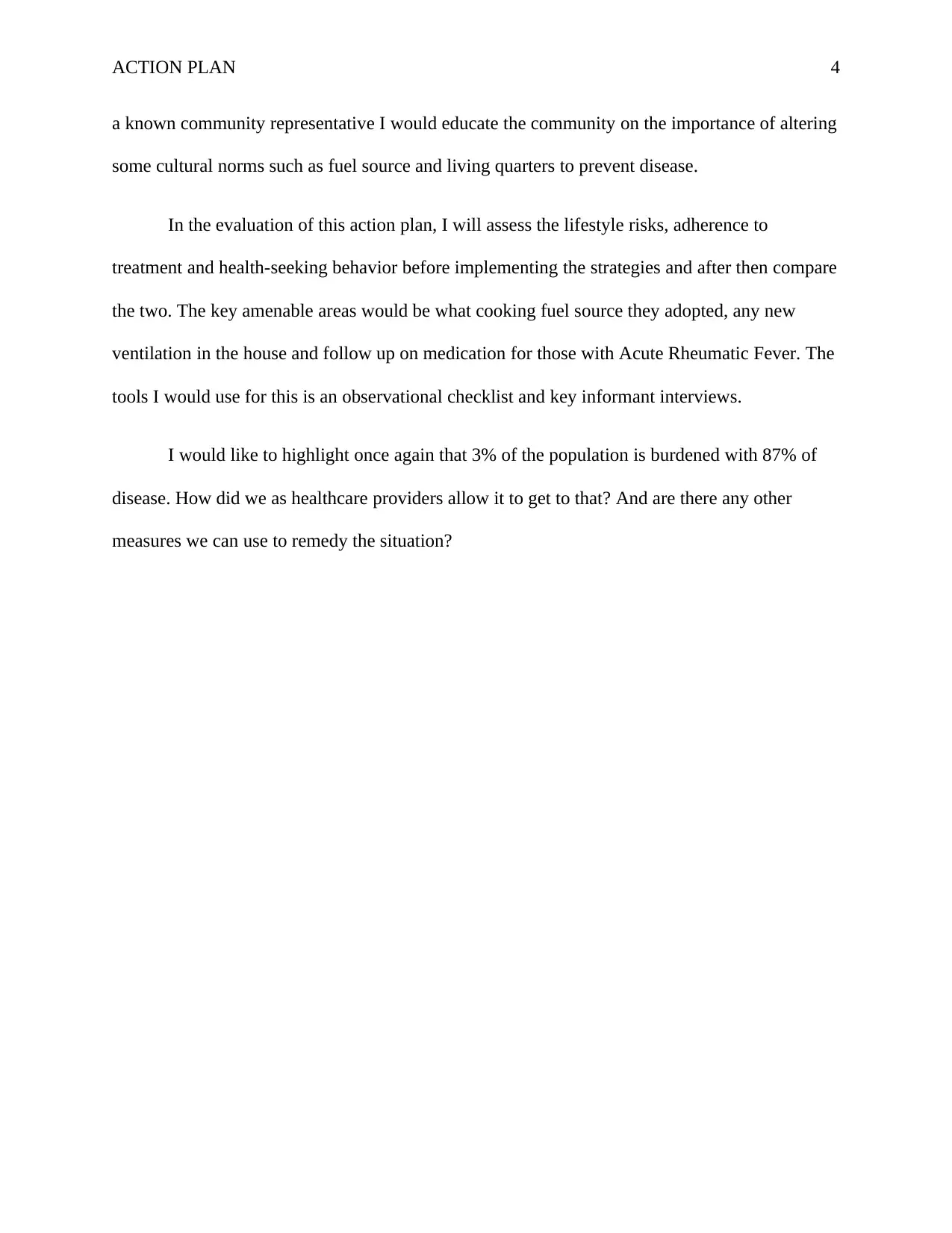
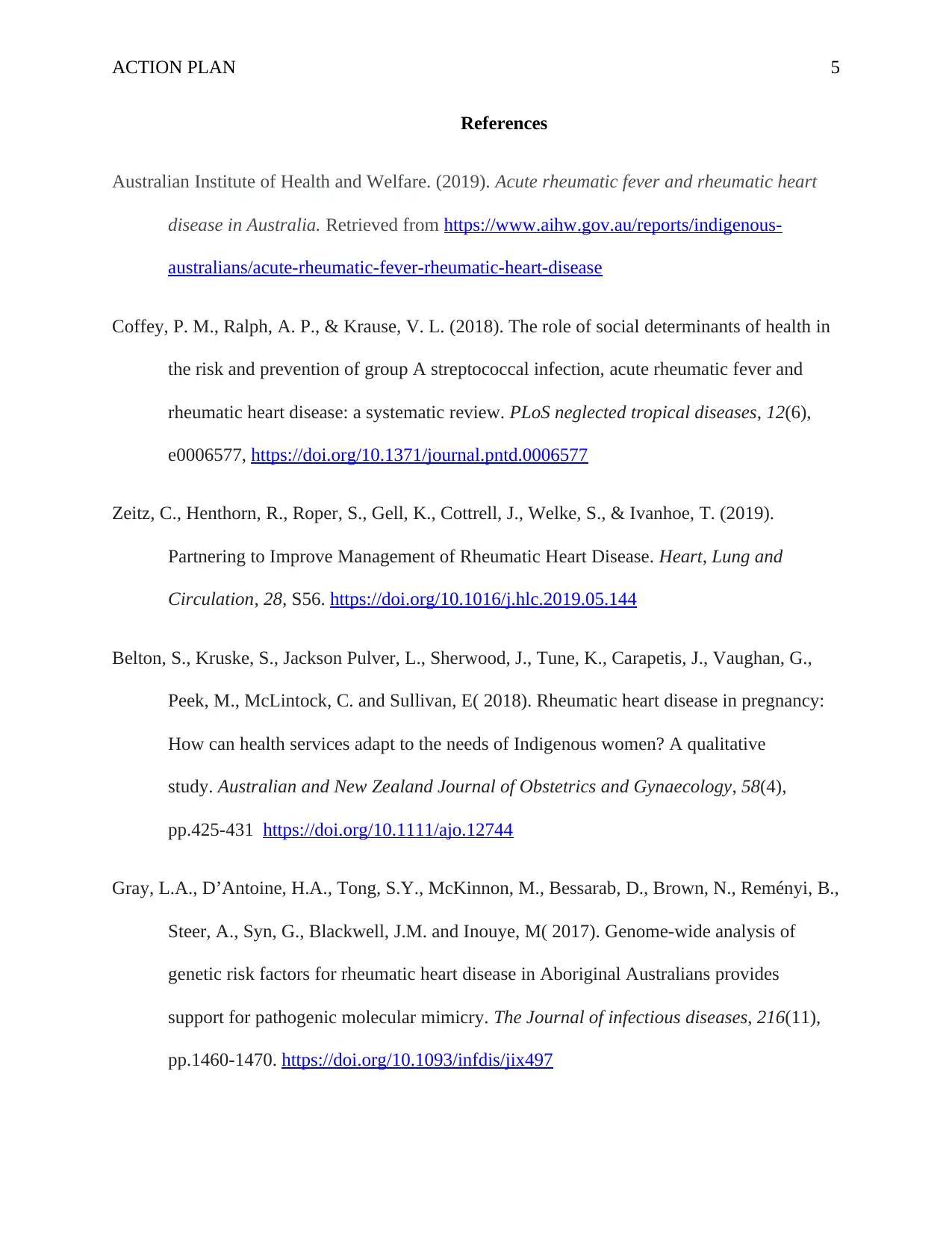







![[object Object]](/_next/static/media/star-bottom.7253800d.svg)